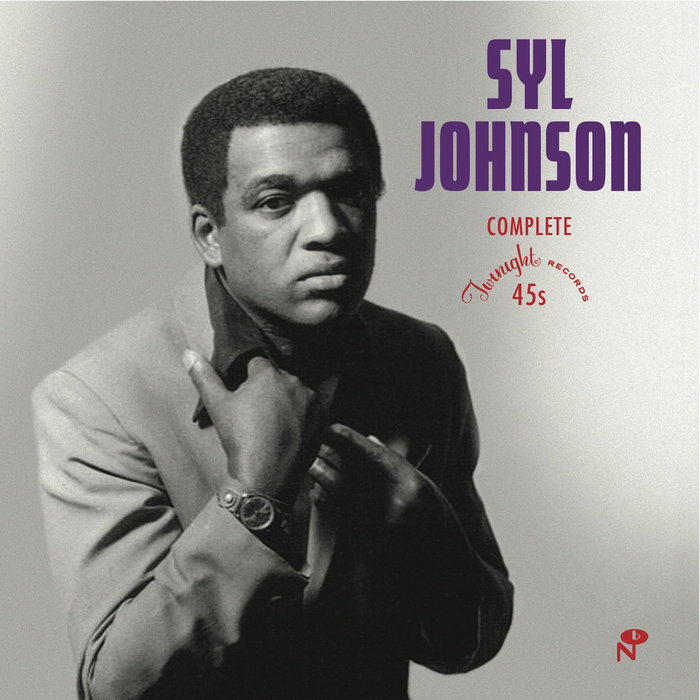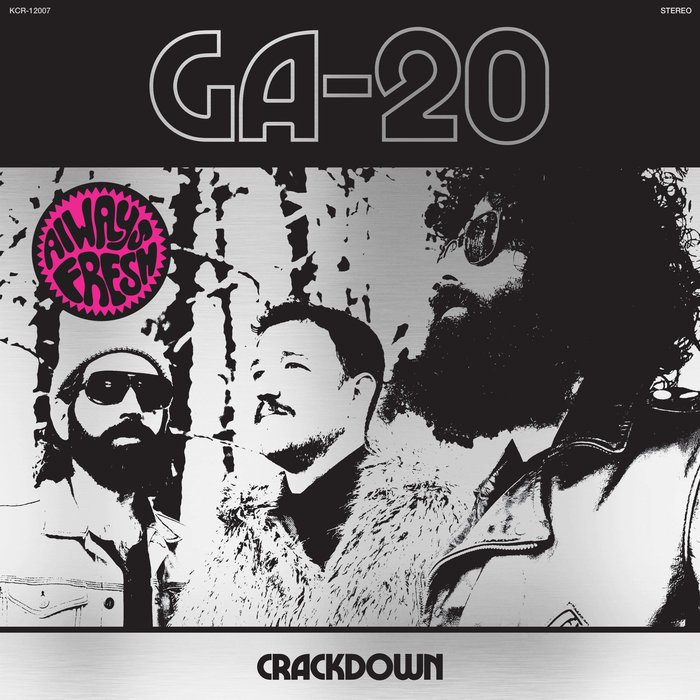
Ode to Soul Man – Syl Johnson
this blog is GROOVY – check out great Soul, Funk, Jazz, Hip Hop, Bass, Breaks , Reggae, House n many more TUNES
Ah, Chicago blues! It’s not just a genre; it’s a vibe, a heartbeat, and an electric jolt that gets you grooving. Let’s take a stroll down memory lane and jam through the rich history of this soulful sound without getting too heavy. Grab your harmonica — let’s dive in!
The roots of Chicago blues stretch back to the Mississippi Delta in the early 20th century. Imagine this: artists like Robert Johnson packing their gear after grueling days of labor and pouring their hearts into music by night. They’d moan about heartbreak, hard times, and good ol’ whiskey.
As folks migrated north during the Great Migration (around 1910s-1950s), they brought those heartfelt tunes with them. Chicago became a bustling hub for African American culture — jazz was blaring, Motown was emerging, but blues? Oh boy! That was where it all began to blossom in new ways.
By the late 1940s and early ’50s, blues hitched a ride on electric guitars and amplifiers, bringing that Southern sound up North with some serious punch. Musicians started plugging in to play loud enough for dancing crowds at clubs like Chess Records, where legends were made.
One of those legends was Muddy Waters; he didn’t just bring Mississippi mud to Chicago; he electrified it! His song “Hoochie Coochie Man” gave birth to countless covers while making everyone want to shake what their mama gave ’em.
Did you know Muddy once played acoustic guitar because someone borrowed his electric one? He ended up recording “I Can’t Be Satisfied” on an acoustic guitar when he really wanted that gritty electric feel! Sometimes mistakes turn into masterpieces!
With characters like Howlin’ Wolf growling from smoky bars and B.B. King dazzling audiences with his flashy guitar solos (and a bit more swagger than most!), the scene exploded further:
Koko Taylor once joked about being compared to other female singers saying she wasn’t worried about competition – because “they couldn’t stand my heat!” She wasn’t afraid to bring some spice along with her soul.
By the late ’60s onward, Chicago blues took off beyond local joints—yes sirree! Festivals sprang up everywhere (hello Newport Folk Festival), attracting huge crowds wanting that true blue experience.
Many musicians found themselves crossing genres too—thanks rock ‘n roll for blending influences smoothly! John Mayer even confessed how much he loved playing the blues before becoming mainstream pop royalty!
In true musician style rivalry fashion (think rap battles but with guitars), Buddy Guy often teased Jimi Hendrix about never having written lyrics as great as his own songs—but here’s where it gets juicy: they’d often tell each other jokes backstage instead while battling over whose guitar skills were superior!
Through all these changes-homespun narratives turned international sensations-Chicago remained pivotal shaping contemporary sounds still present today across genres everywhere-from Eric Clapton jamming live gigs tributing legendary players breathing life into old-school motifs right back at ya another funky way around town every summer season-to someone strumming out sweet chords sitting by lakefront waves cursing pesky gulls stealing fries next door…
Today? Well…Chicago continues nurturing young talent on its streets—the same blocks echoed years ago resonate strategically placed bass lines pushed out through urban airwaves lighting cultural barbecues spinning youngsters yearning inspiration bouncing over classic rhythms old masters set down forever immortalized species lost yet rebirthed no less inspiring time-traveling musicians alike…
So next time you catch yourself vibing out or swaying at backyard BBQ jams think bigger picture-chances are echoing riffs conceived long ago reminding us why simple notes turned stories evoke pure emotion driving humanity forward harmonically hand-in-hand generation after generation laced throughout every groove ever laid down…
And there you have it—a little tour through history wrapped snugly in rhythm & light-hearted facts ready for anyone looking share hearty laughter whenever hearing those warm familiar chords waftin’ by anywhere anytime!

Ode to Soul Man – Syl Johnson

Easy On The Eyes – GA-20